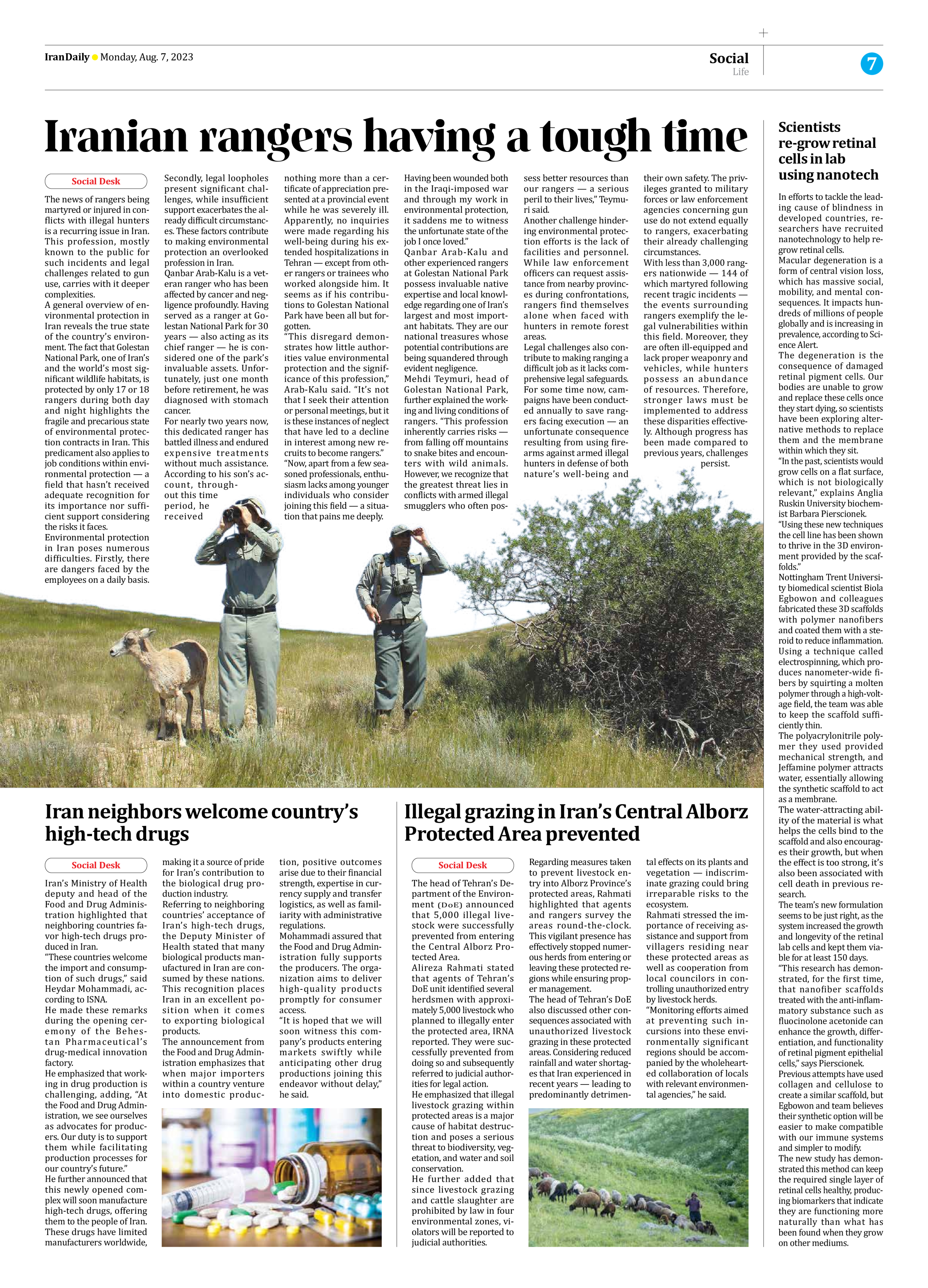
Illegal grazing in Iran’s Central Alborz Protected Area prevented
The head of Tehran’s Department of the Environment (DoE) announced that 5,000 illegal livestock were successfully prevented from entering the Central Alborz Protected Area.
Alireza Rahmati stated that agents of Tehran’s DoE unit identified several herdsmen with approximately 5,000 livestock who planned to illegally enter the protected area, IRNA reported. They were successfully prevented from doing so and subsequently referred to judicial authorities for legal action.
He emphasized that illegal livestock grazing within protected areas is a major cause of habitat destruction and poses a serious threat to biodiversity, vegetation, and water and soil conservation.
He further added that since livestock grazing and cattle slaughter are prohibited by law in four environmental zones, violators will be reported to judicial authorities.
Regarding measures taken to prevent livestock entry into Alborz Province’s protected areas, Rahmati highlighted that agents and rangers survey the areas round-the-clock. This vigilant presence has effectively stopped numerous herds from entering or leaving these protected regions while ensuring proper management.
The head of Tehran’s DoE also discussed other consequences associated with unauthorized livestock grazing in these protected areas. Considering reduced rainfall and water shortages that Iran experienced in recent years — leading to predominantly detrimental effects on its plants and vegetation — indiscriminate grazing could bring irreparable risks to the ecosystem.
Rahmati stressed the importance of receiving assistance and support from villagers residing near these protected areas as well as cooperation from local councilors in controlling unauthorized entry by livestock herds.
“Monitoring efforts aimed at preventing such incursions into these environmentally significant regions should be accompanied by the wholehearted collaboration of locals with relevant environmental agencies,” he said.







